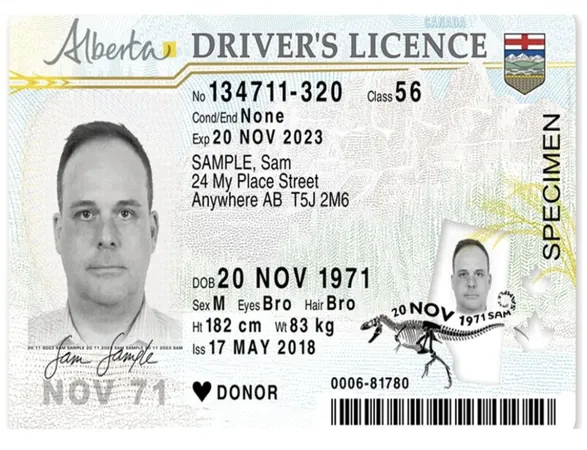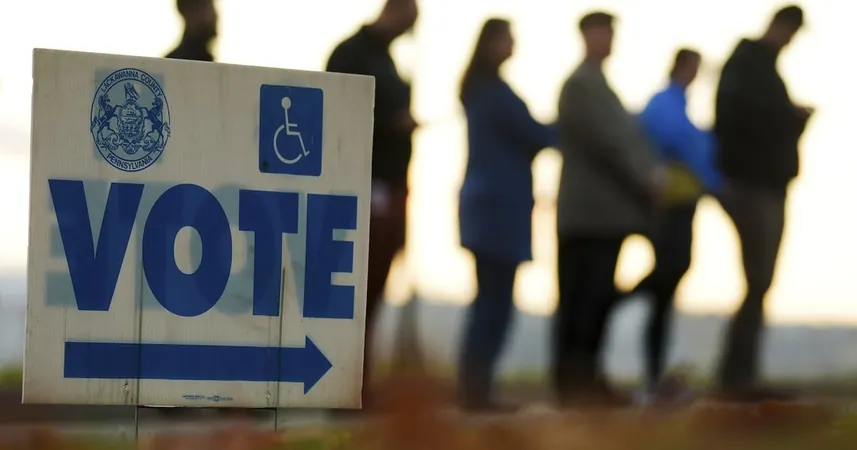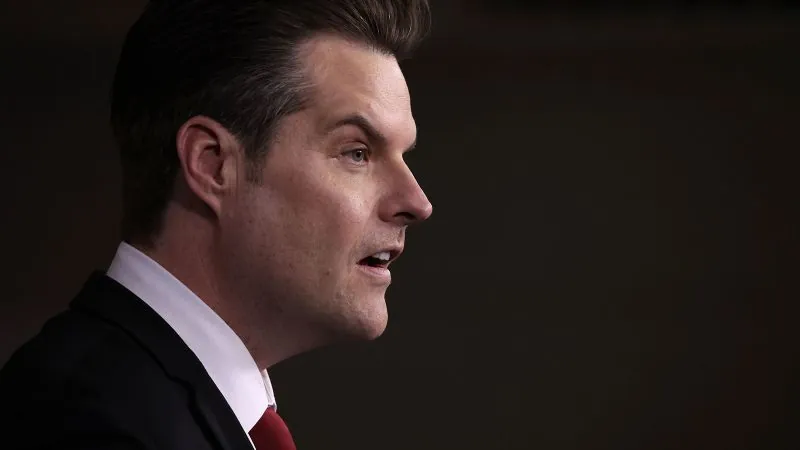
Trump's Victory Could Trigger Immigration Surge to Canada: Experts Weigh In!
2024-11-07
Author: Olivia
In the aftermath of Donald Trump's recent election victory, experts are warning of significant shifts in immigration patterns that could directly affect Canada. Prior to his win, Trump had promised to implement aggressive measures aimed at deporting millions of undocumented immigrants living in the United States, a stance that has raised concerns among Canadian officials and citizens alike.
Expert Opinions
Political science professor Terri Givens from the University of British Columbia stated, “This has huge implications for Canada. We are likely to see a surge in asylum seekers coming to our borders.” She emphasized that many who might have previously sought refuge in the U.S. will now turn to Canada, as they fear the prospect of deportation.
Government Response
Deputy Prime Minister Chrystia Freeland addressed these concerns, assuring Canadians that the government plans to reinforce border security while maintaining control over immigration. “What’s paramount is our ability to manage our own border,” she asserted, highlighting the importance of keeping Canadians safe and secure.
Immigration, Refugees and Citizenship Canada (IRCC) echoed these sentiments, assuring the public that they have developed a robust strategy to maintain orderly migration and uphold Canada’s humanitarian commitments. They stressed the ongoing effort to anticipate scenarios that might unfold in the wake of the election.
Historical Context
Edward Alden from the Council on Foreign Relations pointed out that the situation may resemble the post-9/11 era when many migrants fled to Canada amidst heightened fears of registration and deportation in the U.S. He warned that the influx of individuals seeking asylum could be even larger this time, as Trump's promises have created an environment of panic.
Business Concerns
The business community in British Columbia is also paying close attention to these developments. Tyler Orton from Business in Vancouver highlighted that Trump's "America-first" economic policies, including potential tariffs, could have detrimental effects on Canada’s trade relations. Bridget Anderson, CEO of the Greater Vancouver Board of Trade, expressed her concerns regarding potential disruptions to supply chains and emphasized the need for Canada to prioritize stable trade relationships.
Trade Agreements at Risk
Concern is also growing about the implications for the North American Free Trade Agreement (NAFTA), with former Premier Christy Clark noting that the renewal of this agreement in 2026 is crucial. A failure to renew could lead to increased protectionism and tariffs affecting Canadian businesses.
Political Landscape
Givens pointed out that the election results reflect a deep divide within the U.S., raising questions about voter engagement and motivations. Political analysts, like Paul Quirk, are investigating how Trump’s unexpected win could shape the political landscape in Canada, suggesting it might incite a liberal response in the upcoming federal election.
Conclusion
As Canada prepares for potential changes, the focus remains on how to effectively manage the pressures that come with another turbulent political climate in the U.S. With Trump's administration amplifying uncertainties, both citizens and officials are bracing for the impacts that lie ahead. Stay tuned for more updates as the situation continues to evolve!









 Brasil (PT)
Brasil (PT)
 Canada (EN)
Canada (EN)
 Chile (ES)
Chile (ES)
 España (ES)
España (ES)
 France (FR)
France (FR)
 Hong Kong (EN)
Hong Kong (EN)
 Italia (IT)
Italia (IT)
 日本 (JA)
日本 (JA)
 Magyarország (HU)
Magyarország (HU)
 Norge (NO)
Norge (NO)
 Polska (PL)
Polska (PL)
 Schweiz (DE)
Schweiz (DE)
 Singapore (EN)
Singapore (EN)
 Sverige (SV)
Sverige (SV)
 Suomi (FI)
Suomi (FI)
 Türkiye (TR)
Türkiye (TR)